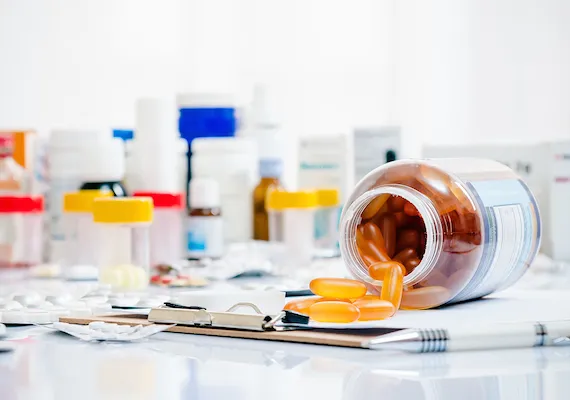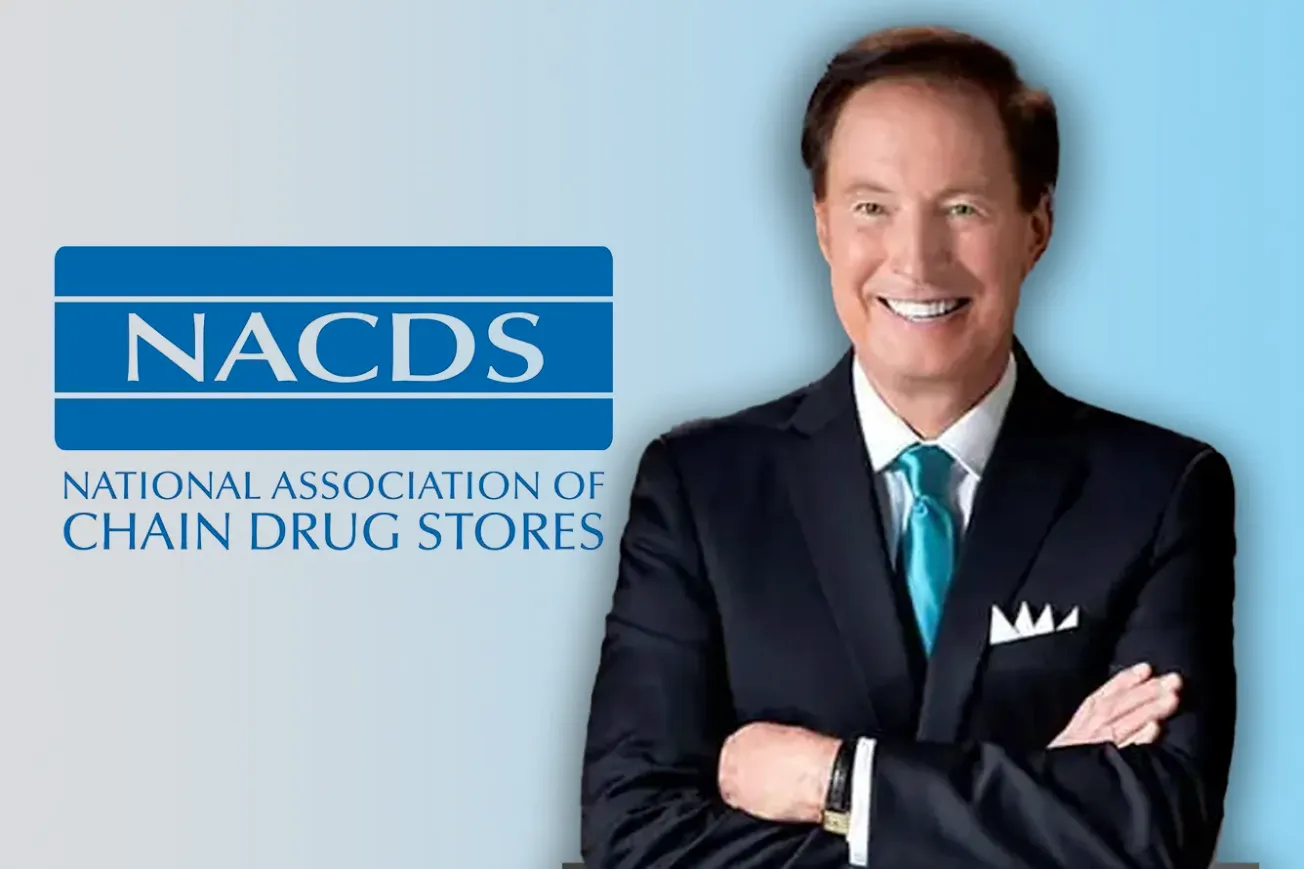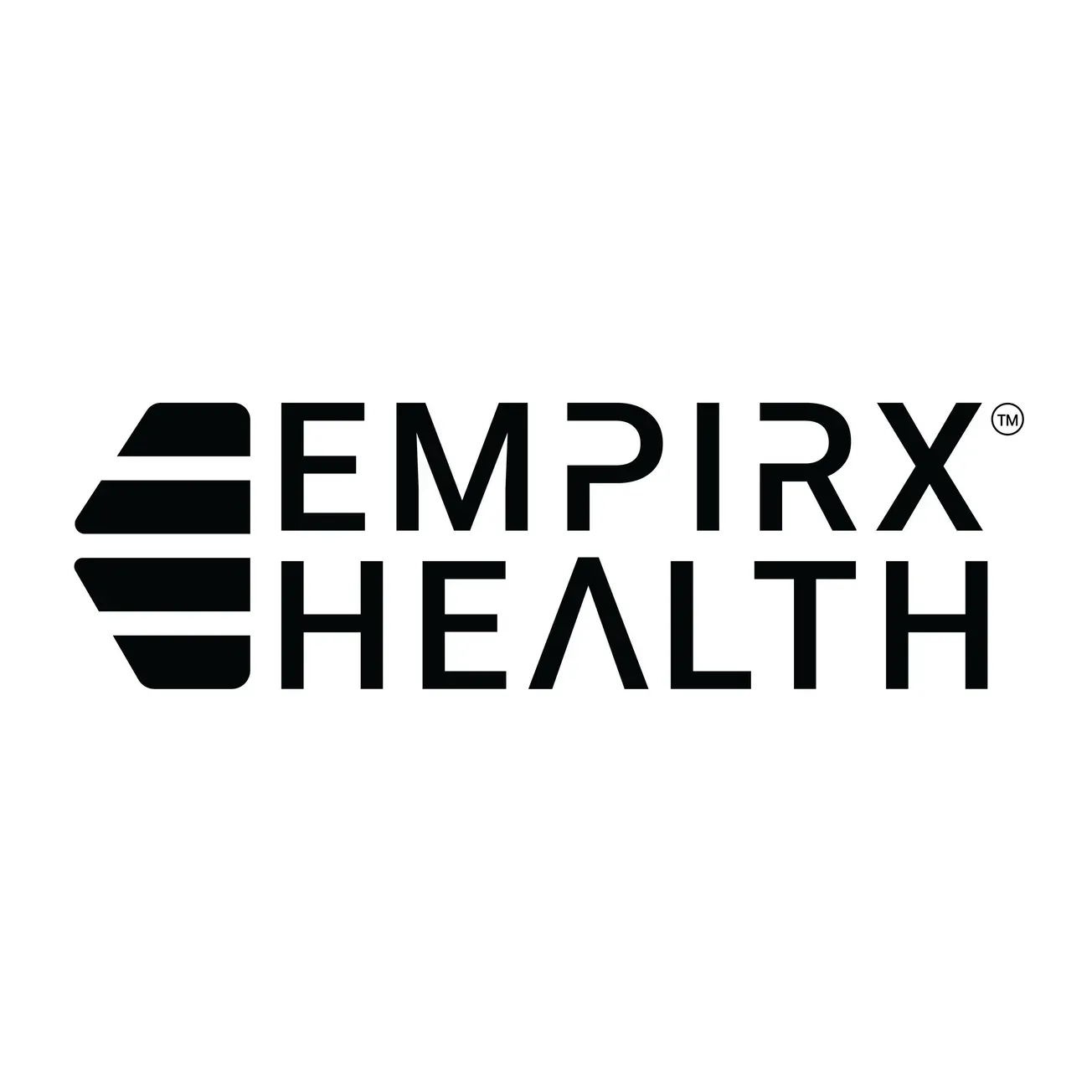COLUMBUS, Ohio – The 2024 NCPA Digest, sponsored by Cardinal Health, was released today as part of the National Community Pharmacists Association’s Annual Convention, being held Oct. 26-29 in Columbus, Ohio. The NCPA Digest, which provides an annual overview of independent community pharmacy, found that the industry represents 35 percent of all retail pharmacies in the United States. It continues to be true that no single pharmacy chain has more stores than all independents combined.
“The NCPA Digest serves as an annual barometer for independent pharmacy, and this year’s is showing an ominous amount of pressure in the industry,” said NCPA CEO B. Douglas Hoey. “With independent pharmacies closing at a rate of more than one each day since last year, the report lays bare the ramifications of low and negative reimbursements for GLP-1s and other drugs, no longer countered by tax incentives and revenue earned from offerings related to COVID-19. Whether through other immunizations or services like long-term care, having a successful business increasingly relies on diversifying and bringing in different types of revenue. With the turbulence we’re seeing in independent and chain pharmacy alike, there’s a dire need to fix the broken pharmacy payment model. We’re continuing that fight, armed with NCPA Digest data and the goal of healthier pharmacies and patients.”
The 2024 NCPA Digest underscores the importance of pharmacy locations as health care destinations above and beyond providing accessible prescription medications: 91 percent of respondents provided flu immunizations; 91 percent provided non-flu immunizations; 81 percent offered medication therapy management; 64 percent performed blood pressure monitoring; 52 percent offered services for long-term care patients; and 47 percent offered compounding. From a philanthropic standpoint, 60 percent of independent community pharmacy owners donated to at least five local organizations in 2023, with 61 percent of pharmacies donating more than $3,000 annually to support community organizations.
- The estimated number of independent community pharmacies declined, falling to 18,984 locations in June of 2024 from 19,432 the year prior. This represents a loss of more than one independent pharmacy per day.
- Independent pharmacy represented a $94.9 billion marketplace in 2023, with gross profit margin falling to 19.7 percent, its lowest point in the NCPA Digest report’s 10-year lookback window. This reflects factors like low or below-cost third-party reimbursements and inflation (which showed up in wages and overhead costs).
- In 2023, the average prescription volume was 59,644 per store, a decrease from the 59,758 prescriptions dispensed in 2022.
- Eighty-three percent of prescriptions at independent pharmacies are filled with a generic drug. This number trended down, perhaps in part due to the exploding popularity of GLP-1 agonists, a category with no generics on the market.
- Government programs continued accounting for more than half of all prescriptions sold in independent community pharmacies, with 55 percent of total prescriptions covered by the Medicare Part D and Medicaid programs, combined.
- Ninety-three percent of independent community pharmacy respondents identified their primary pharmacy operation as retail pharmacy.
- More than 3,400 pharmacies are participating in the CPESN® USA national network of clinically integrated pharmacies. It is the country’s fourth largest single-contract organization of pharmacy providers.









